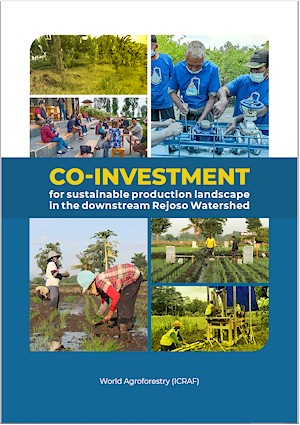Climate change and variability have been identified as major threats to key sectors such as agriculture that drive economic growth and sustainable development in developing countries. The provision of tailored weather and climate information services (WCIS) that meet users' expectations can play an important role in helping decision makers adapt to and mitigate the effects of climate change and climate However, the evidence base showing the benefits of WCIS is still thin. This study analyzes the impact of uptake of tailored seasonal and daily weather forecasts that are mediated by a multidisciplinary working group (MWG) on crop productivity and household income of smallholder farmers in Senegal. A two-season balanced dataset in combination with panel econometrics was used to explore the impact of uptake of weather and climate information on crop income for farmers in Senegal. The data were complemented by participatory surveys that provide richer contextual information to explain the causal pathways that link farmers' uptake with increased crop income for farmers with access to the MWG. Results show that the use of weather and climate information increased the value of crop produce by between 10 and 25% for farmers with access to an MWG. Coordinated platforms that involve diverse stakeholders like the MWGs play a critical role in co-producing weather and climate information that are more usable to farmers, thereby improving uptake and livelihoods. The impact pathways and implications for policy are discussed. This study expands the limited evidence base on the role of weather and climate services in improving the livelihoods of smallholder by (i) going beyond the use of cross-sectional and using longitudinal data, (ii) analyzing causal impacts on farmer's livelihoods, i.e., crop yields and household income and (iii) using participatory approaches to better explain the causal impact pathways.
DOI:
https://doi.org/10.1016/j.agsy.2021.103309
Dimensions Citation Count:
























